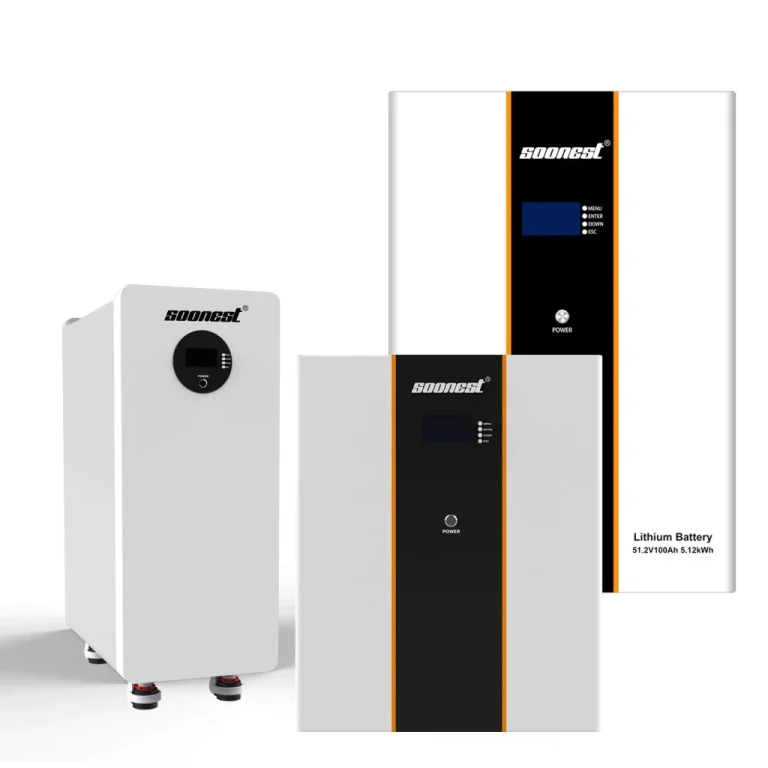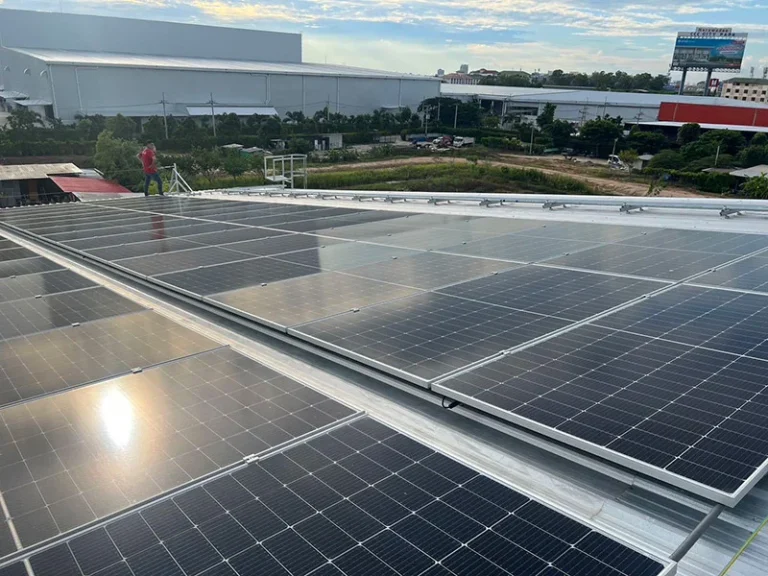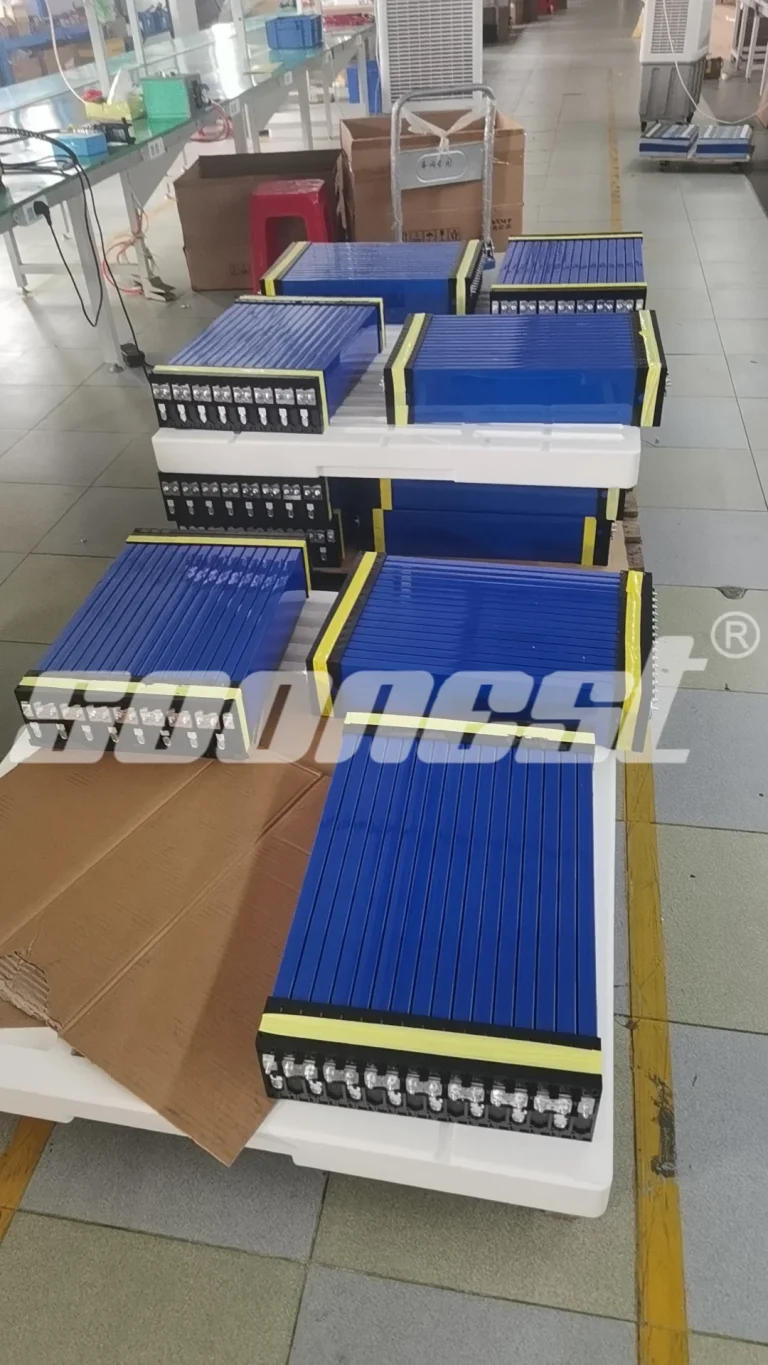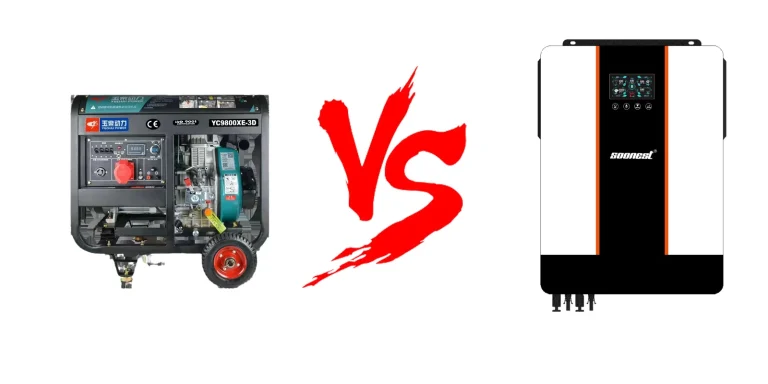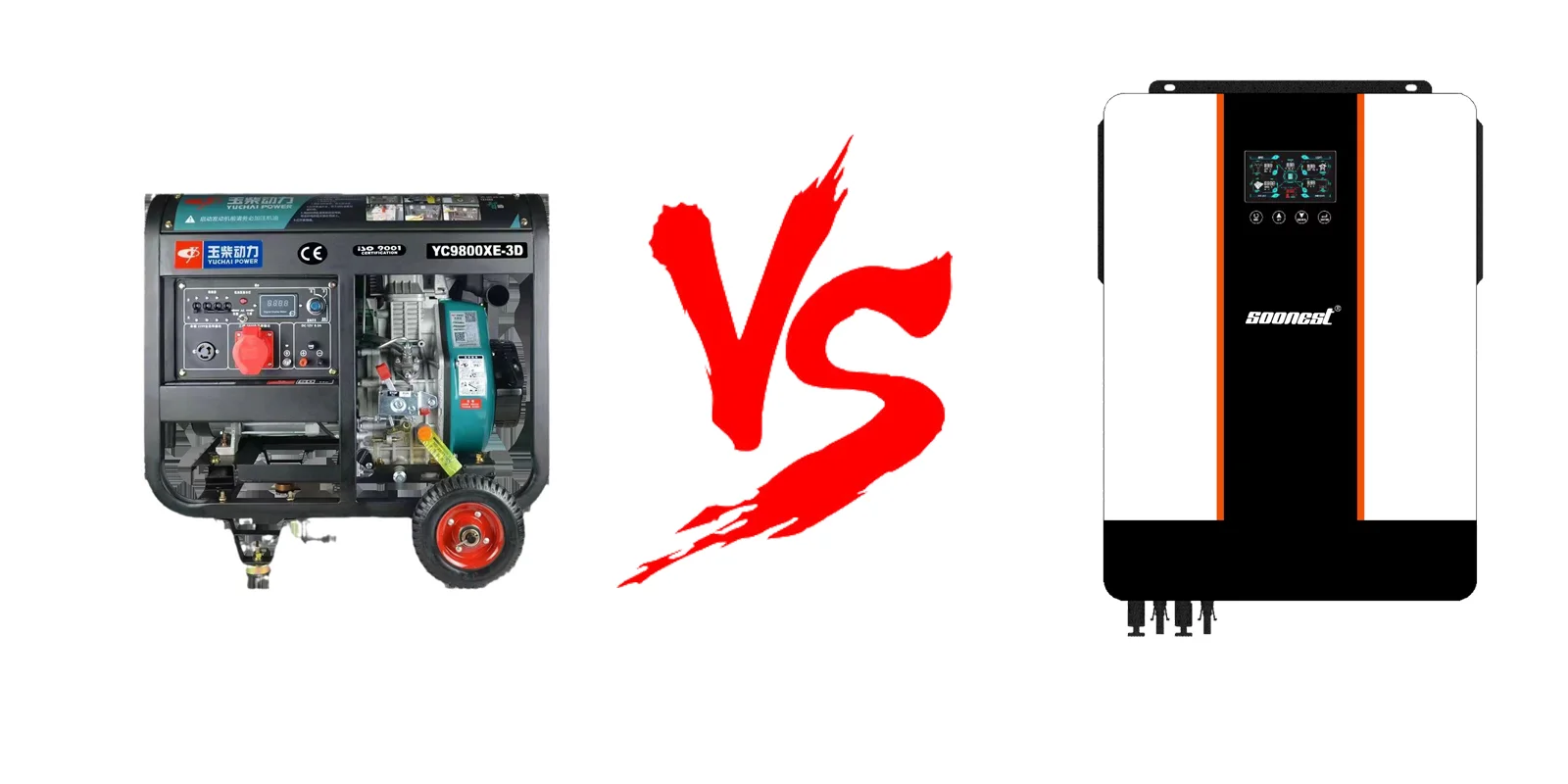
How Will 2025 Regulations Reshape Energy Choices?
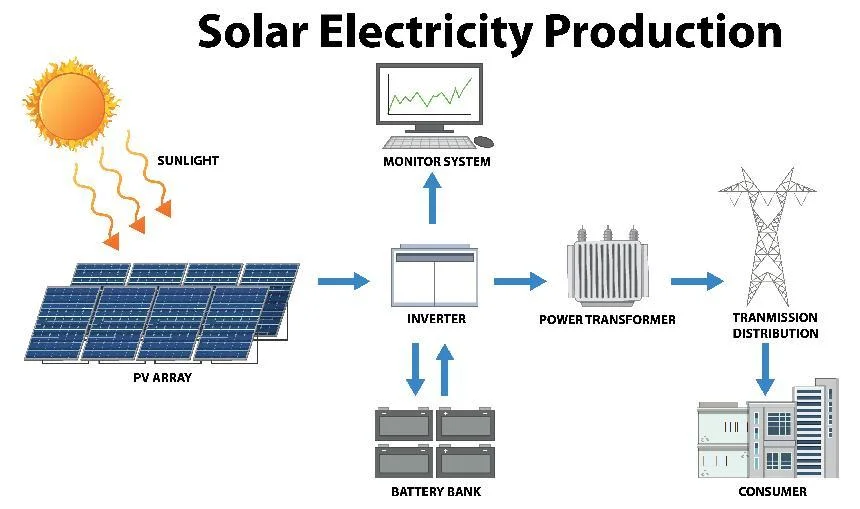
What New Environmental and Emissions Standards Are Coming?
In 2025, countries are setting tougher rules to tackle climate change. They’re putting tight caps on carbon emissions. They also want more renewable energy use and aim for systems with no emissions. Homes and businesses, especially in cities, will face stricter checks. Backup power, like diesel generators, is under fire for its pollution.
For example, many areas now ask new energy systems to prove they meet emission standards across their whole lifecycle. This includes direct emissions (scope 1), emissions from electricity use (scope 2), and supply chain emissions (scope 3). Even if a generator runs only sometimes, its fuel and efficiency must fit plans to lower carbon emissions.
What Do These Rules Mean for Your Home or Business?
If you own a home or business, you must follow these rules. Energy systems need to hit efficiency benchmarks. They also need tools to report emissions. In simple words, fossil-fuel generators might need filters or carbon offset purchases to keep running.
Plus, smart grid support is now a must. Your energy system—whether solar or generator—has to connect with utility networks. This helps manage energy use and lets you join programs that pay you to use less power during busy times.
How Do Storage Rules Affect Technology Choices?
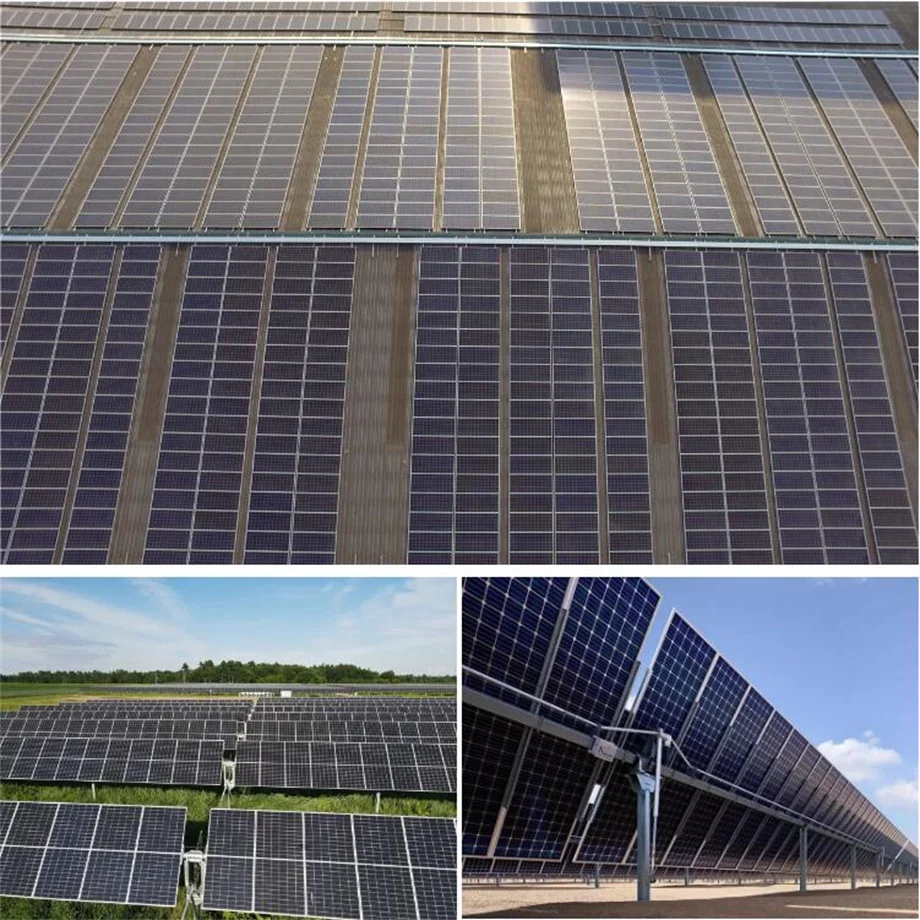
Energy storage isn’t just a bonus anymore—it’s required. Many places say new solar setups must include batteries. These keep the grid steady and cut peak demand. The battery type matters a lot. Gel batteries are a top choice. They’re safe, last long, and don’t need much upkeep. They work great in cities or remote areas, pairing well with solar systems.
Is Solar Power the Best Choice for 2025 Regulations?
Why Is Solar’s Clean Operation So Important Now?
Solar energy stands out because it makes clean power for years with no pollution. Unlike generators that burn fuel and release harmful gases, solar panels use sunlight to create electricity. No burning happens. This makes solar fully compliant with zero-emission rules. You don’t need extra filters or offsets.
Also, solar systems avoid the chore of constant emission checks. This makes them a safer choice as rules get tougher.
Can Solar Systems Work with Smart Grids and Demand Programs?
Yes, they’re made for it. Modern solar setups have smart inverters with tools like RS-485 and Modbus. These let your system talk to the utility grid. You can join demand response programs and earn rewards for using less power during peak hours.
A central system collects real-time data from parts like inverters via RS-485 buses. This keeps you compliant with transparency rules and improves performance.
Are There Money-Saving Perks That Make Solar Better?
For sure. Tax breaks are a big part of clean energy plans. In many places, homeowners can claim up to 30% of solar setup costs as tax credits. Businesses can also get faster depreciation under the MACRS schedules.
Carbon credit markets add more savings. If your solar system cuts CO₂ compared to a generator, you can sell those savings through verified platforms.
Do Generators Still Fit Under New Rules?
What Challenges Do Diesel and Gasoline Generators Face?
Fossil-fuel generators are in a tough spot. Even new models struggle to meet strict limits on NOx, SO₂, and tiny particles. They often need costly upgrades. They also fail sustainability checks because they make high emissions, especially during long outages when fuel use jumps.
In some places, backup generators are banned for non-critical uses unless they run on biofuels or hydrogen blends. These options raise costs and add complexity.
What About Fuel Supply Risks and Carbon Tracking?
Generators depend on fuel, which can be risky. Supply issues, like global events or delivery problems, can make them useless during emergencies, when you need them most.
Regulators now want full carbon tracking. This includes emissions from fuel extraction, refining, and transport. These add up against fossil-fuel systems in sustainability reports.
How Do Solar Systems Stack Up Against Generators?
Which Is More Efficient and Sustainable Over Time?
When looking at solar vs generator over the long haul:
Conversion Efficiency: Solar panels turn 18–22% of sunlight into power. Generators, using combustion engines, lose energy as heat and hit only about 30% efficiency.
System Losses: Solar loses 5–10% through inverters. Generators lose more from wear on moving parts.
Upkeep: Generators need regular oil changes, filter swaps, and engine fixes. Solar systems have few moving parts, so care is minimal.
Downtime: Generators break down more as they get older. Solar panels last over 25 years with over 90% uptime when monitored with smart tools.
How Do Costs Compare Over Time?
Solar might cost more to install. But its running costs are almost zero. Generators seem cheaper to buy at first. Yet, they pile up fuel and upkeep costs.
Fuel vs Sunlight: Sunlight is free forever. Diesel prices can change and spike.
Payback Time: Solar systems often pay off in 6–8 years. Generators rarely save money unless used all the time, which isn’t their main job.
How Soonest Can Help You Meet New Energy Rules?
If you want your home or business ready for 2025’s rules, Soonest offers great solutions. They’re built for compliance and top performance, giving you peace of mind.
Their home options include high-efficiency solar panels that work even in dim light. For businesses needing scale and freedom, their systems include smart battery storage with gel-cell or lithium batteries, depending on your needs.
What makes Soonest unique is its smart inverter technology. It supports active grid interaction via RS-485/Modbus protocols. This allows smooth demand response participation and real-time issue detection through SCADA platforms.
Why Are Soonest’s Solar Systems Better Than Generators for the Future?
How Do They Ensure Easy Compliance with Emission Rules?
Soonest’s systems make zero direct emissions. They use certified parts. This makes them fully compliant with zero-carbon laws. You don’t need extra gear or reporting headaches.
Can They Grow with You and Adapt to New Rules?
Yes. Their modular design lets you start small. You can add more panels or batteries later as needs or rules change. Everything works together easily.
Will You Save More Over Time with New Policies?
Definitely. With growing penalties on fossil fuels and rewards for renewables, solar saves more. Pairing it with smart batteries that adjust to your usage boosts savings.
What Should You Do to Plan for 2025 Energy Compliance?
Is Switching from Old Generators to Solar Easy?
Yes. You can use hybrid setups during the switch. Your generator can act as a backup until your solar system is fully ready.
You can also upgrade current systems with parts like smart inverters. These work with batteries and solar panels, keeping downtime low.
How Can You Lower Risk with Future-Ready Investments?
Investing now in systems that meet future rules reduces the risk of costly upgrades or shutdowns later. Choosing flexible platforms keeps you ready for tomorrow’s energy markets.
FAQ
Q1: Can I keep my generator as a backup if I get a solar system?
A: Yes, but it might need changes like emission filters or usage limits based on local laws after 2025.
Q2: Will battery storage make my property fully off-grid?
A: Not always. But it gives you some freedom during outages. It also lets you join demand response programs with the right setup.
Q3: What upkeep does a solar-plus-storage system need?
A: Very little. You mainly clean panels and update monitoring software. With fewer moving parts, solar systems break down less than generators.

